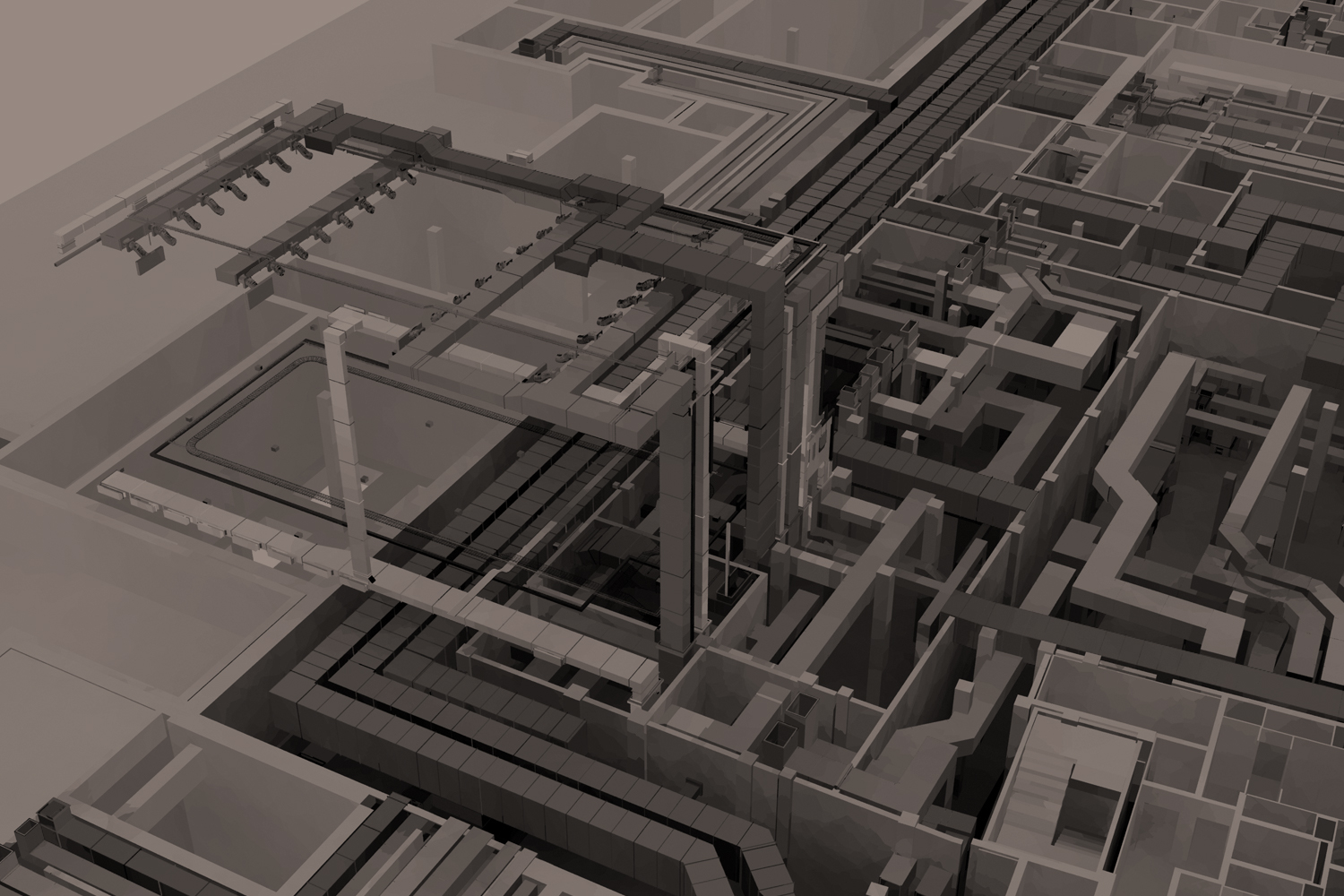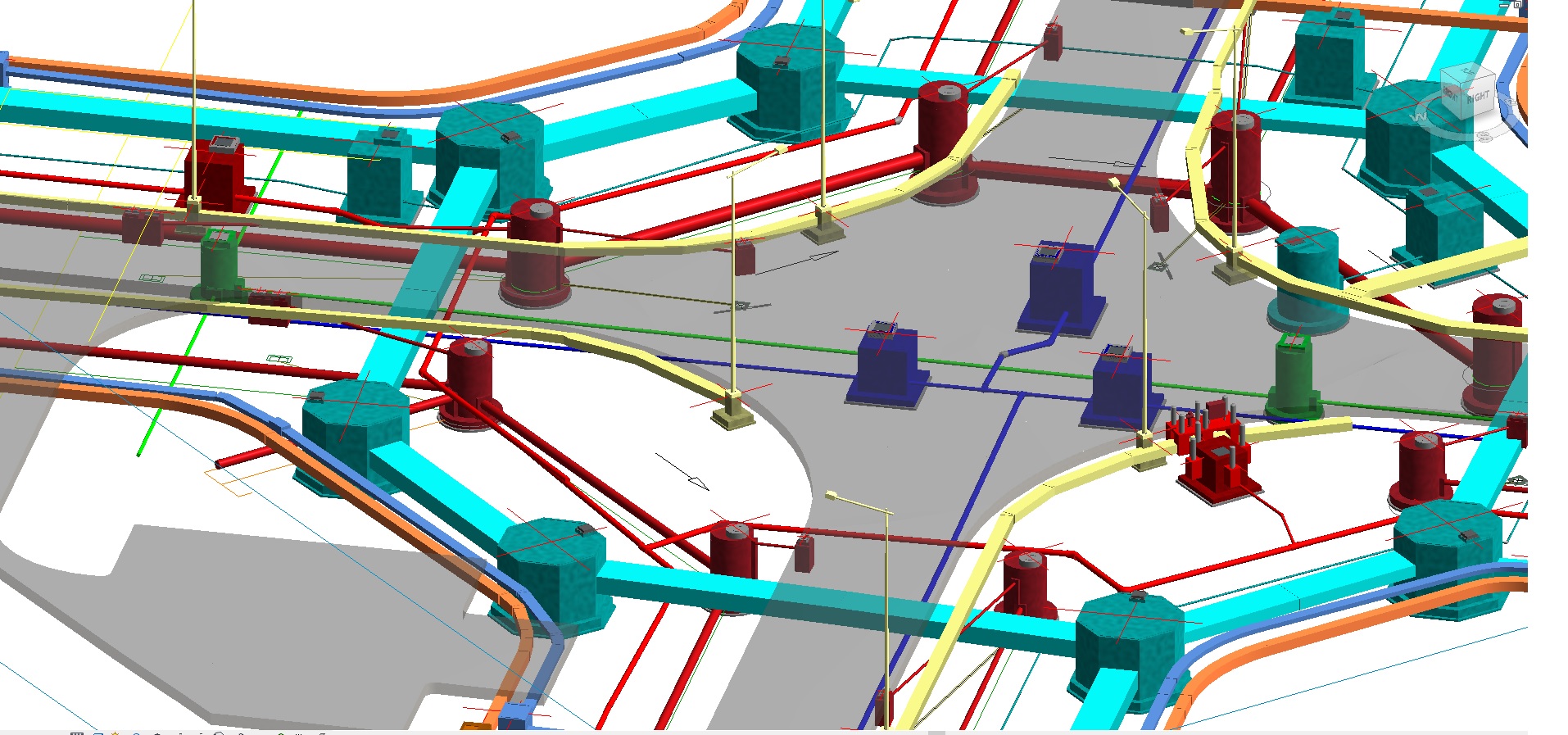In the ever-evolving landscape of construction, efficiency is key. Building Information Modeling (BIM) has emerged as a revolutionary tool that streamlines construction processes from conception to completion. BIM implementation services play a pivotal role in harnessing the full potential of this technology, offering solutions that enhance efficiency, collaboration, and cost-effectiveness throughout the project lifecycle.
Understanding BIM A Game-Changer in Construction
BIM is more than just a 3D modeling tool; it’s a holistic approach to construction management that integrates various aspects of a building project into a single digital model. This model encompasses not only the physical components but also crucial data such as materials, costs, schedules, and even maintenance requirements. By providing a centralized platform for collaboration and decision-making, BIM revolutionizes the way projects are planned, designed, constructed, and operated.
The Role of BIM Implementation Services
While the benefits of BIM are evident, realizing its full potential requires expertise in implementation. This is where BIM implementation come into play. These services are designed to assist construction firms, architects, engineers, and other stakeholders in adopting and leveraging BIM effectively. From initial planning to ongoing support, BIM implementation offer comprehensive solutions tailored to the unique needs of each project.
Key Components of BIM Implementation Services
Needs Assessment: The first step in BIM implementation is understanding the specific requirements and objectives of the project. BIM consultants work closely with stakeholders to assess current workflows, identify challenges, and define goals for implementing BIM.
Technology Selection
BIM implementation services help clients select the right software and tools for their projects. This includes evaluating different BIM platforms based on features, compatibility, and scalability to ensure seamless integration with existing systems.
Training and Education
Transitioning to BIM requires training personnel to effectively use the new technology. BIM implementation provide comprehensive training programs tailored to different roles within the organization, ensuring that everyone is equipped with the necessary skills to maximize productivity.
Customization and Integration
No two construction projects are alike, which is why BIM implementation services offer customization options to adapt the software to specific project requirements. Additionally, these services facilitate integration with other software systems such as project management tools and accounting software for a unified workflow.
Collaboration and Coordination
BIM thrives on collaboration, allowing multiple stakeholders to work together seamlessly. BIM implementation facilitate communication and coordination among architects, engineers, contractors, and subcontractors, reducing errors and delays caused by miscommunication.
Quality Assurance and Compliance
BIM implementation services ensure that the digital models meet industry standards and regulatory requirements. This includes validating the accuracy of the model, conducting clash detection to identify conflicts, and generating reports for compliance documentation.
Lifecycle Management
BIM is not just about construction; it’s about managing the entire lifecycle of a building. BIM implementation offer support beyond the construction phase, helping clients leverage the digital model for facility management, maintenance, and renovations.
Benefits of BIM Implementation Services
Improved Efficiency
By centralizing project information and automating repetitive tasks, BIM implementation significantly improve efficiency throughout the construction process. This leads to faster project delivery, reduced costs, and enhanced overall productivity.
Enhanced Collaboration
BIM fosters collaboration among project stakeholders by providing a shared platform for communication and coordination. BIM implementation services facilitate seamless collaboration, allowing teams to work together more effectively and avoid costly mistakes.
Better Decision-Making
With access to comprehensive project data and visualization tools, decision-makers can make informed choices at every stage of the project. BIM implementation services empower clients to analyze alternatives, anticipate risks, and optimize project outcomes.
Cost Savings
By identifying potential clashes, optimizing construction sequences, and reducing rework, BIM implementation help minimize costly errors and delays. This results in significant cost savings over the course of the project.
Future-Proofing
As technology continues to evolve, BIM implementation services ensure that clients stay ahead of the curve. By providing ongoing support, training, and updates, these services help organizations adapt to changing industry trends and emerging technologies.
Conclusion
In an industry where time, cost, and quality are paramount, BIM implementation services offer a strategic advantage for construction firms looking to stay competitive. By leveraging the power of BIM, these services streamline processes, enhance collaboration, and drive efficiency throughout the project lifecycle. As the construction industry continues to evolve, embracing BIM services will be essential for meeting the demands of tomorrow’s built environment.











